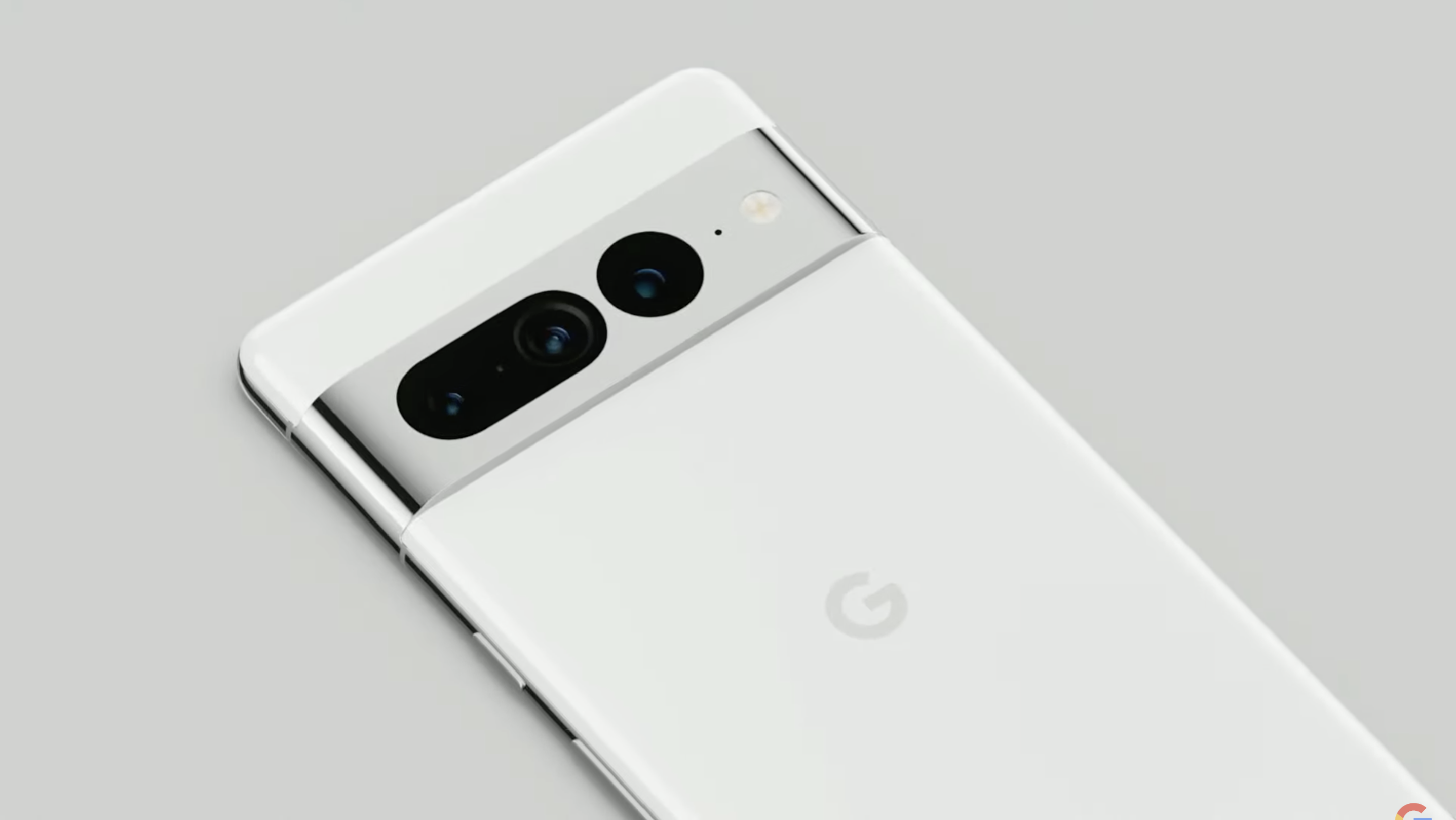Google Pixel 7’s Tensor G2 benchmarks just tipped big improvements
Modest CPU gains, but a potentially big GPU jump

Fresh off the back of revealing the Pixel Tablet’s middling specs and the existence of a Chromecast HD, developer Kuba Wojciechowski has spotted a Geekbench listing for the Pixel 7’s Tensor G2 chip.
The listing for the upcoming Pixel 7 Pro shows the same mix of two Cortex-X1 cores, two Cortex-A76 cores and four Cortex-A55 cores as the first generation, but with marginally faster clock speeds of between 50 and 100MHz. This minor boost, plus the introduction of the 4nm fabrication process results in a score that’s about 10% faster than the Pixel 6 in multi-core tests, with a barely perceptible single-core improvement.
All this, combined with the 4nm process node that’s used for the chip, contribute to a ~10% multi-core performance enhancement with a negligible single-core change. pic.twitter.com/lSLlpwHP1USeptember 16, 2022
That may sound underwhelming, but there are a few reasons to be very optimistic indeed.
Not only is this based on pre-release hardware that could yet be optimized but, as Wojciechowski points out, sticking with tried-and-tested architecture with a slight improvement could be a boon to battery life and might give the Pixel 7 Pro the best phone battery life.
“The current trend in Arm cores is improving the performance at the cost of worse efficiency and high power use,” he tweeted. “By keeping the older cores Google avoids getting those characteristics.”
Thanks to the improved 4LPE process, the chip gets more thermal headroom and efficiency to run at higher frequencies. The first gen Tensor rarely ran tasks on the Cortex-X1 cores because of how much power they used, now it might be considerably better.September 16, 2022
That could be significant, as Pixel 6 battery life proved extremely disappointing in our tests, clocking in at around the eight-hour mark for both the regular and Pro models. That was around two hours behind the Samsung Galaxy S21 and two-and-a-half hours shy of the standard iPhone 13. Any boost there would be very welcome indeed.
Plus, while Geekbench’s CPU scores only show a modest advance, all the signs point to significantly stronger GPU performance. Wojciechowski writes that Google has switched from the Mali-G78 to the Mali-G710 which, if Arm’s projections are correct, should offer a 20% boost to games, a similar uplift in efficiency and a massive 35% improvement to machine learning.
Get instant access to breaking news, the hottest reviews, great deals and helpful tips.
“Google runs a huge part of their Google Camera pipeline on the GPU on their Tensor devices,” Wojciechowski writes. “It will certainly improve that considerably, as well as make the new Pixels way better at gaming.”
Google runs a huge part of their Google Camera pipeline on the GPU on their Tensor devices. It will certainly improve that considerably, as well as make the new Pixels way better at gaming.September 16, 2022
While Wojciechowski cautions that Geekbench listings can be spoofed, he states his belief that this one is legitimate due to details that only a keen-eyed developer would spot.
The build ID is also unique - TD1A.220609.002. xD1A IDs mean the branch is “device”-specific. Each year Google uses a branch like that for their new Pixels. No other device on Geekbench currently has a TD1A ID.September 16, 2022
We’ll find out soon enough. Google has an event to unveil its new flagship smartphones, as well as the brand new Pixel Watch, on October 6. If the company can boost performance in the way suggested here while keeping pricing competitive, Google could well have a winner and one of the best Android phones on its hands.
Freelance contributor Alan has been writing about tech for over a decade, covering phones, drones and everything in between. Previously Deputy Editor of tech site Alphr, his words are found all over the web and in the occasional magazine too. When not weighing up the pros and cons of the latest smartwatch, you'll probably find him tackling his ever-growing games backlog. He also handles all the Wordle coverage on Tom's Guide and has been playing the addictive NYT game for the last several years in an effort to keep his streak forever intact.
 Club Benefits
Club Benefits






